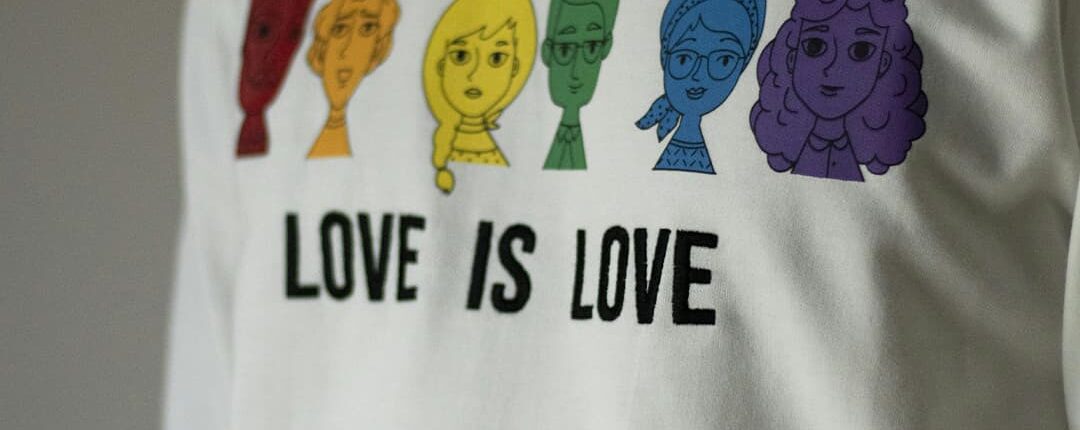Cultural events play a key role in promoting equality and inclusion in today’s society. They provide a platform for the expression of diversity, promote understanding and respect for different cultures and communities, and draw attention to important social issues.
Cultural events such as festivals, exhibitions, concerts and theater performances allow people from different communities to present their traditions, customs and achievements. These events help to emphasize the importance of cultural diversity and demonstrate that each culture has its own unique value.
Through cultural events, marginalized groups are given the opportunity to express their voices and claim their rights. Such events contribute to the visibility and recognition of those who often go unnoticed in society and give them a platform to express themselves.
Cultural events often raise important social themes such as human rights, anti-discrimination and equality. Exhibitions, films and performances on these themes help to engage a wide audience and encourage reflection and action.
Attending cultural events provides opportunities for people to learn more about different cultures and communities. This helps to eliminate stereotypes and prejudices and to build respect and understanding for others. Educational programs related to cultural events help people to better understand the historical and social context of different cultural phenomena.
Cultural events help to create a sense of belonging and solidarity among participants. People who share common interests and values can meet, discuss their ideas and work together towards common goals. This is especially important for marginalized groups who may feel isolated.
Through participation in cultural events, people can make new connections and strengthen existing ones. Celebrating and participating in cultural activities together helps to create a more cohesive and friendly society.
Cultural activities can play an important role in political activism. Through art and cultural manifestations, participants can draw attention to political and social issues that require change. Such events are often the beginning of broad social movements and campaigns for policy and legislative change.
Mass cultural events can put pressure on politicians and legislators to take action. When cultural events attract significant public and media attention, they can help to put issues related to equality and human rights high on the agenda.
Pride festivals around the world are a prime example of cultural events that promote equality. These festivals draw attention to LGBT rights, promote visibility and support, and influence the passage of anti-discrimination laws.
LGBT film festivals, such as Frameline in San Francisco and Outfest in Los Angeles, play an important role in promoting equality through film. They show films that raise issues of identity, discrimination and human rights and bring these topics to the attention of a wide audience.
Theater productions and art exhibitions that focus on themes of equality and social justice also play an important role in raising awareness and promoting inclusion. Examples of such events include productions of plays addressing issues of racism, sexism and other forms of discrimination, as well as exhibitions showcasing the work of artists from marginalized communities.
Cultural events are a powerful tool for promoting equality and inclusion in society. They help to emphasize the importance of cultural diversity, raise awareness of social issues, help to unite and strengthen communities, and influence policy and legislation. By participating in and supporting cultural events, each of us can contribute to a more equitable and inclusive world.
